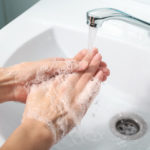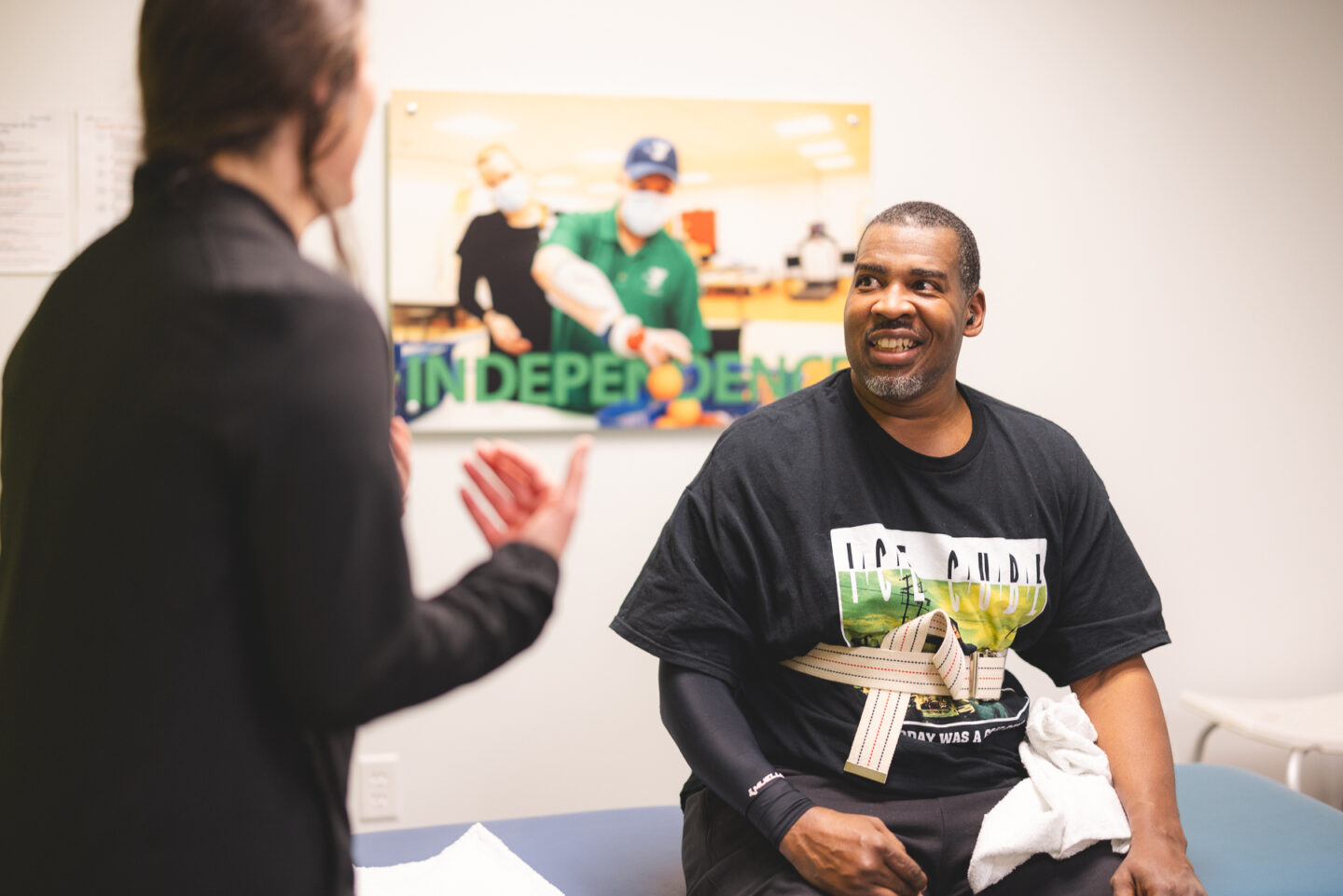Posted on March 2, 2020
Protect yourself against coronavirus and other viruses: Wash your hands, avoid touching your face, stay away from people who are sick
With a surge in cases of COVID-19 and nearly 3,000 deaths worldwide, concerns and questions arise regarding the risks to people around the world.
The World Health Organization has declared the COVID-19 outbreak a global health emergency.
The Centers for Disease Control and Prevention is monitoring the rapidly evolving outbreak that emerged in Wuhan City, China, late last year. The Michigan Department of Health and Human Services has activated the Community Health Emergency Coordination Center to support local and state response.
To shed light on the evolving situation, Dr. Russell Lampen, D.O., an infectious disease specialist and chairperson of Mary Free Bed Rehabilitation Hospital’s Infection Prevention Committee, has provided some perspective and practical information regarding the virus.
Q: What do we need to know about coronavirus in general?
A: Coronaviruses are viruses that are normally found in the community and typically cause mild respiratory illness. A common cold is often caused by a coronavirus.
In the emergency room, some routine testing for causes of viral infections includes testing for coronaviruses.
Q: How is coronavirus transmitted?
A: These viruses spread from person to person. They typically spread with what we call droplet spread – through particles from droplets created when people sneeze.
People come into contact with the particles when a person sneezes or in the environment where that person has been.
Typically, once those droplets dry, they become less effective. It’s usually relatively close personal contact that results in transmission of the virus.
Q: What do we know about COVID-19?
A: This is a new virus, and it appears to be causing more severe disease than what we have typically seen with other coronaviruses.
It’s difficult to know at this point how serious the outbreak will be. If we look at the documented cases, it looks like the mortality rate could be about 2%-3%. But it’s still too early to really tell.
Most people who have died from this disease are older individuals with underlying lung diseases.
Q: Who is at risk for this disease?
A: Currently, you are at greater risk if you have traveled to China, South Korea, Iran, Italy, Japan or other areas where the disease is prevalent, or if you have been in contact with somebody who has traveled to one of these areas and has been sick.
This regards travel within the last 14 days. It is thought the incubation period is about two weeks.
Q: What symptoms are caused by this viral illness?
A: The symptoms we are worried about are lower respiratory symptoms: fever, cough and shortness of breath.
Q: What should you do if you worry you may have COVID-19?
A: We recommend that you contact your primary care physician.
Q: Should we wear a mask when we travel?
A: That’s a personal decision. There has not been great evidence to show those masks prevent much in way of infection. They get wet. They don’t fit quite right.
Probably the best thing a mask does is it keeps people from putting their fingers in their eyes, nose and mouth.
You could put a handkerchief around your face, and you might get the same benefit.
Q: How can we protect ourselves?
A: The best way to stay safe from coronavirus is to do the same things we should be doing to avoid catching routine influenza:
- We should wash our hands frequently.
- Avoid touching our eyes, nose and mouth.
- Avoid being near people who are sick.
- Stay at home if you’re sick.
- If your kids are sick with a fever and cough, keep them home from school.
This can help prevent the spread of all respiratory viruses, including the flu.
The Centers for Disease Control and Prevention has the most up-to-date information on COVID-19 on its dedicated web page.






